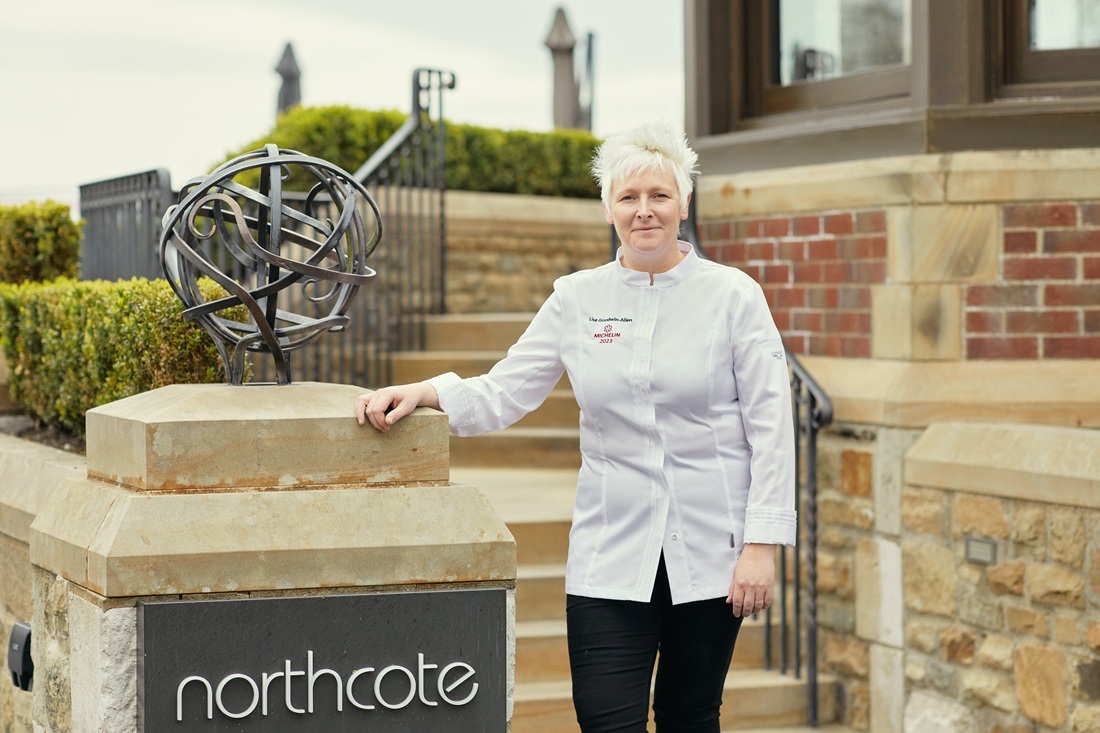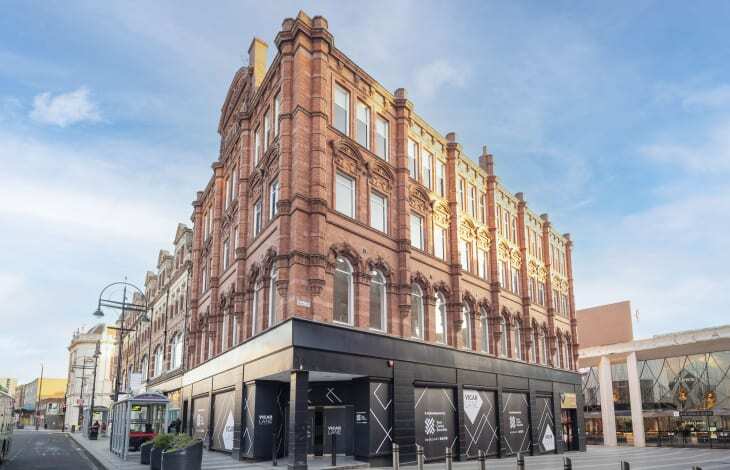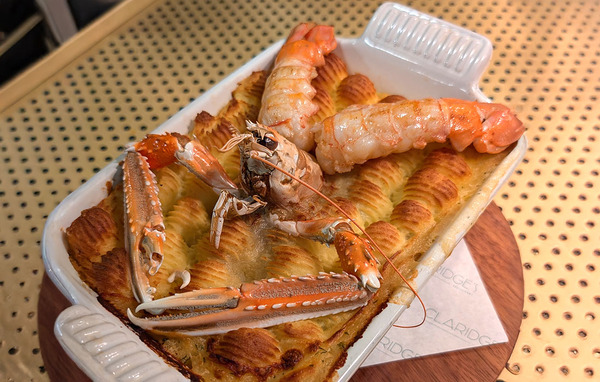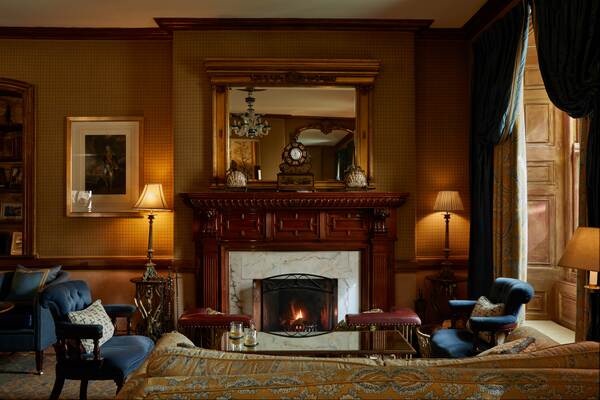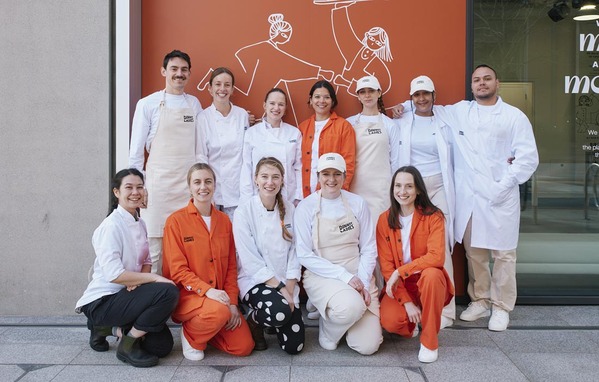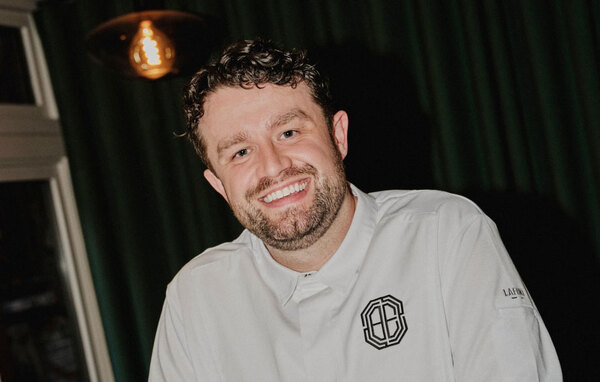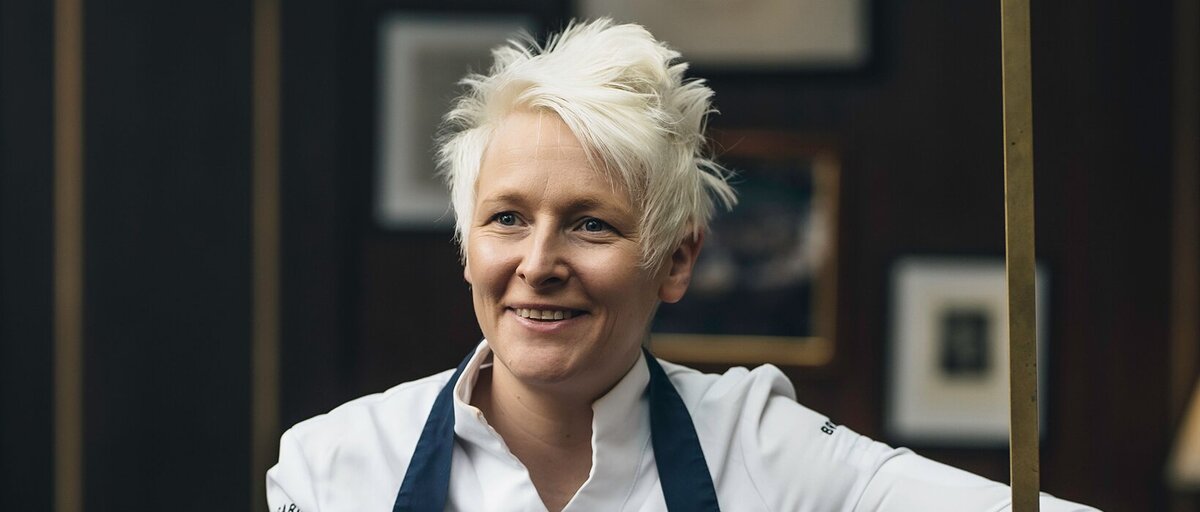Ramsay faces £1m legal bill after York & Albany battle
Celebrity chef Gordon Ramsay has lost his multi-million pound High Court claim that his father-in-law fraudulently used a ‘ghost writing' machine to sign him up for a pub deal.
The 48-year-old chef must now pay the estimated £1m plus legal costs of the failed claim.
He had alleged his wife Tana's father Christopher Hutcheson had used the ghost writing signature machine without his authority to make him a personal guarantor for the £640,000 a year annual rent for the historic 160-year-old York & Albany pub in an exclusive area near Regent's Park, London.
He sought a declaration that because his signature was not "lawfully authorised", he was not bound to the 25-year lease signed in 2007.
He took the pub's owner, American-based film director Gary Love, to court in a bid to get out of the deal.
But Mr Justice Morgan dismissed his claim and ordered him to pay all of Love's estimated £652,000 bill, with £250,000 to be paid within 28 days.
He must also pay his own costs, estimated at around £400,000, taking the final bill to over £1m. He must also pay the £1.3m owing in rent.
The judge ruled that Ramsay may not have known of the intended guarantee prior to the grant of the lease, but added: " Mr Ramsay's own evidence establishes the very extensive, if not total, trust which Mr Ramsay placed in Mr Hutcheson to deal with business affairs on behalf of both the companies and Mr Ramsay himself."
He said he had given Hutcheson "wide general authority" to act for him, having told him: " I don't have a strong business acumen. Look after me."
Romie Tager QC for Love told the judge the case was "built on lies from beginning to end".
The judge had rejected allegations of fraud by Hutcheson. He ruled: "I find that when Mr Hutcheson committed Mr Ramsay to the guarantee in the lease of the premises, Mr Hutcheson was acting within the wide general authority conferred on by Mr Ramsay at all times until Mr Hutcheson's dismissal in October 2010."
Ramsay had told the court of his "shock and horror" and "devastation" at discovering he had been signed as personal guarantor. He said his "deep and extensive trust in Hutcheson was entirely misplaced".
He claimed Hutcheson had defrauded him and his companies of "hundreds of thousands of pounds".
He alleged his signature used with the ghost writer had been forged on many documents, and Hutcheson did not have the authority to use it to sign any deals.
He told the court : "I am appalled at the extent to which Chris used the ghost writing machine to sign documents ostensibly on my behalf in circumstances where I had no knowledge of the documents that were being ‘signed' or the matters to which they referred."
But Love claimed the case was just an "absurd" attempt by Ramsay to wriggle out of his rental commitments.
The judge rejected claims that Hutcheson had used the machine "deceitfully to defraud" Ramsay.
He said Ramsay had looked at the premises and was "sufficiently enthusiastic" about them that he would have offered his personal guarantee if he had been asked by Hutcheson to do so.
He said the ghost writing machine was "obviously very useful for the purpose of placing Ramsay's signature on legal documents".
He was often out of the country or busy and would rely on the recommendation of Hutcheson even without being consulted or informed.
He added: "Mr Ramsay may now regret the transaction in relation to the premises. He may particularly regret his involvement as a guarantor. He may consider Mr Hutcheson did a bad deal.
"However on my findings, he is not able to say that Mr Hutcheson exceeded his authority in any respect.
"I hold that Mr Ramsay, acting through his agent Mr Hutcheson, is bound by the guarantee in the lease of the premises."
The judge refused Ramsay permission to appeal, saying he had "no realistic prospect of success". But the chef may yet consider going direct to the Court of Appeal to challenge the ruling.




